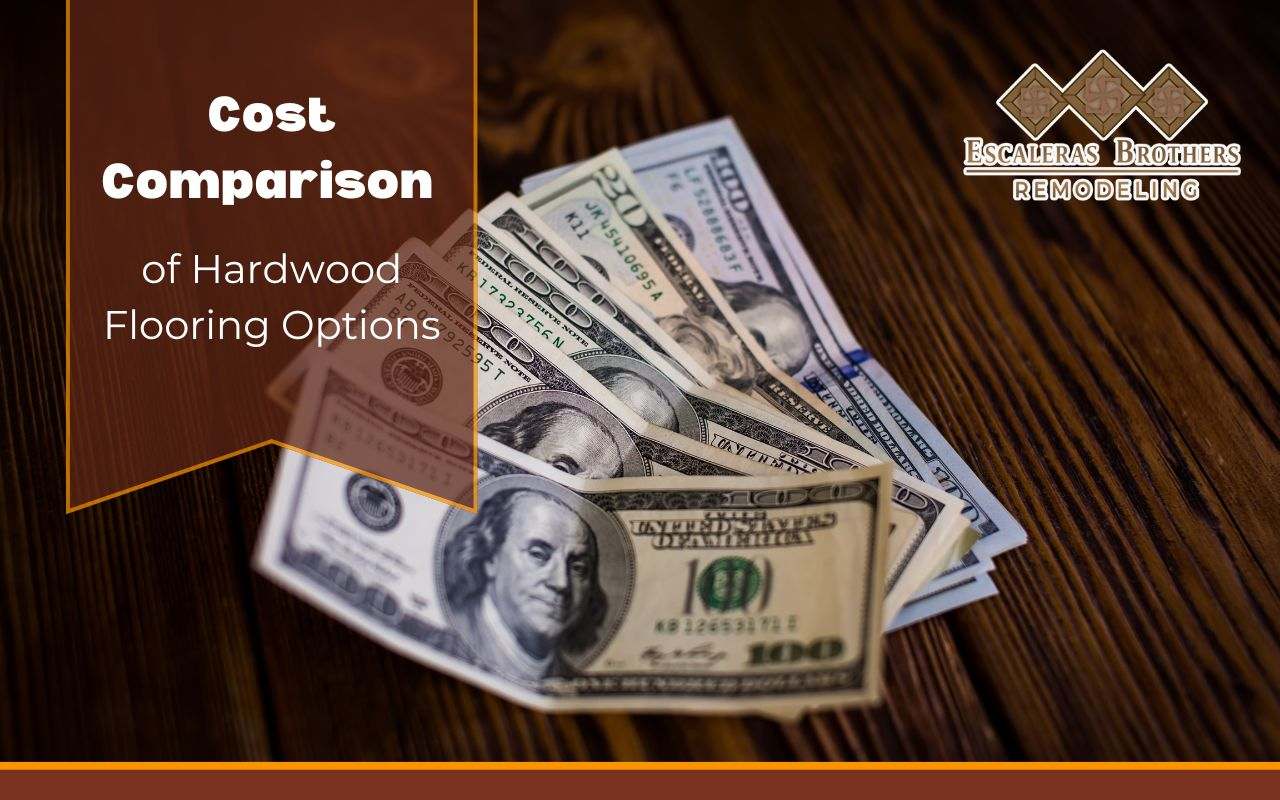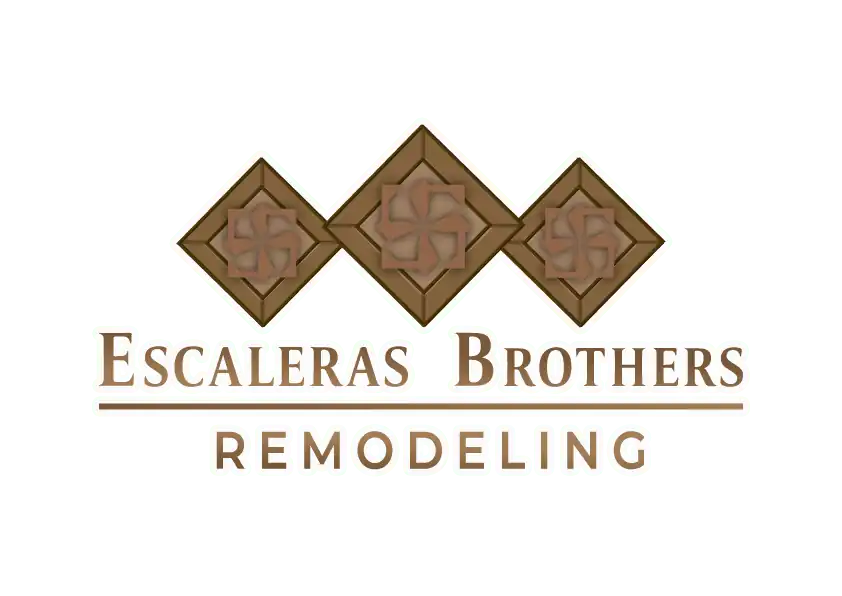
When it comes to installing hardwood flooring, cost comparison is essential for finding a solution that meets your budget without compromising quality. Different types of hardwood vary in price, durability, and aesthetic appeal, so understanding these differences will help you make the best choice. In this post, we’ll compare hardwood flooring options by cost, providing insights into the factors that influence price.
Factors That Affect Hardwood Flooring Costs
Several factors impact the cost of hardwood flooring, including the wood species, grade, and installation methods. Each aspect plays a role in determining the overall price, so it’s helpful to know what affects the cost to align your flooring choice with your budget.
Wood Species and Their Price Ranges
Wood species is a primary factor affecting hardwood flooring costs. Here’s a look at some popular options:
- Oak – Mid-range price, highly durable, and classic appeal.
- Maple – Similar to oak, it has good durability and a modern look.
- Hickory – Higher cost, very durable, ideal for high-traffic areas.
- Exotic Woods (e.g., Brazilian cherry) – Premium price, unique appearance, and durability.
Different species come with different price points, allowing homeowners to balance aesthetics with budget constraints. Domestic hardwoods like oak are generally more affordable, while exotic woods command higher prices due to their unique grains and limited availability.
Grades of Hardwood Flooring
Hardwood flooring comes in various grades that affect both appearance and price. Clear-grade hardwood is typically the most expensive, offering consistent color and minimal knots. Select grade provides a high-quality look with some natural variations, while common grades have more noticeable knots and imperfections and are often available at lower costs. Choosing a grade that matches your aesthetic preferences and budget can help you get the look you want without overspending. For example, if you prefer a rustic appearance, a lower grade can offer character at a lower cost.
Installation and Finishing Costs
In addition to the material cost, consider the expenses associated with installation and finishing. Installing hardwood floors can involve added expenses if subfloor preparation or custom installation techniques are required. Pre-finished hardwood tends to be more expensive upfront but saves on installation time and labor, while unfinished hardwood requires additional finishing but may cost less initially. Hiring professionals for installation ensures quality results and may include a warranty, adding to the overall value. Budgeting for installation is crucial to ensure the final project cost aligns with your expectations.
Balancing Cost with Quality
When comparing costs, it’s essential to balance your budget with long-term value. Cheaper options might seem attractive initially, but investing in higher-quality hardwood can save money over time by reducing the need for repairs or replacements. Opt for durable species and reliable installation to ensure that your investment in hardwood flooring provides lasting value. Contact us today to explore hardwood flooring options within your budget. Our experts will guide you in selecting a floor that balances cost, quality, and beauty, ensuring satisfaction for years to come.

